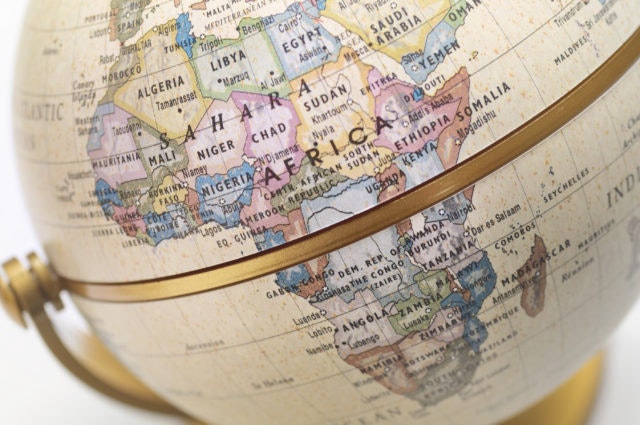Africa Rising: a macroeconomic overview

What is the macro story for Africa? That a key question asked on day one at FundForum Africa 2016.
John Hulsman, geopolitical expert and life member at the US Council on Foreign Relations entertained the audience with his brief global economic overview. Are we on the cusp of a global recession? was the question on the table. "Yeah, probably," said Hulsman, joking that, for a political risk analyst looking at the current climate in the West, it's Christmas.
We quickly moved from a global perspective to a continental one, or more specifically, was Africa in the grip of a "perfect storm".
Basically, no, concluded Charles Robertson, Global Chief Economist, Renaissance Capital, explaining how the Africa of the 1980s was very different to the Africa of today.
"The key, when you're looking at Africa today, is to look at the last time commodities crashed," he said. "That was disastrous. But things have changed over the last 30 years."
The main driver of that change, he went on to explain, was education, particularly secondary. "It may not be the best quality, people tell me locally, but it's the breadth that's important. You've got to get people out of rural farming into something else."
In addition, governments are a lot more capable, he said.
"What I think we're seeing at the moment is still some very good sub-Saharan growth. I would argue that you are getting governments that are much more open to advice from global market makers, from the IMF, from the World Bank, and they're tending to get policy right – sooner or later."
"Its tough times for some countries," he concluded. "But a perfect storm? No, because the underlying story has changed."
David Cowan, Africa Economist at CITI, zoned in on some more specific stories within Africa.
Whilst Nigeria and South Africa are dragging down Africa's growth, there are positive stories, he said, citing the Ivory Coast, Senegal, and even Zambia, which, with 3.5% growth was "not a disaster in the current growth environment."
"A lot of the small economies are growing," he explained. "But they can't get enough momentum to offset what is happening in the other two. To turn super positive we need recovery in Nigeria and South Africa."
A view with which Giulia Pellegrini from Blackrock agreed: "We're hopeful some signs of reform will come through from South Africa, they are making some inroads with labour reforms for example," she began. "Of course there is the looming potential of a a downgrade, but we see some change there in the midst of a lot of political uncertainty. It's not an easy road towards reform.
"The same goes for Nigeria, it's been an interesting ride, arguably a lot slower than we hoped, a lot of promise came with the new democratically-elected government, but of course between the oil price plunging and the president having teething problems, you've had a slower move towards reforms that I would have hoped.
"From a macro perspective, you are nearing a trough in Nigeria, so you'll get a pick up, especially as we go into next year, that is the hope," she concluded.
Nicolas Sagna from Pharo Management sees Africa as a set of a set of idiosyncratic stories, most with early stages of economic development.
The real returns come from individual situations, he said, using Kenya in October 2011 as an example. "The high level of the oil price, the drought, and monetary policy at an early stage, led to the hiking of interest rates by 18% in the space of 4-5 months, and then in the next 18 months, cut by the same amount. It was absolutely fantastic because of the possibility to earn a high return in a short period of time."
Comparing the democratic governments in Africa to Russia, Turkey and Brazil, Charles highlighted how the rise of the per capita income has changed the politics of the continent. "A country like Nigeria is 96% likely to sustain democracy now," he explained. "The risk has shrunk and you've seen a democratic transition of power which has never been seen before."
There was still work to be done, however, warned Giulia: "You continually hear of press being silenced, it's work in progress. Civil society is building up and becoming a more educative force for the rest of the population."
David outlined how erratic progress in democracy along with rapidly advancing demographics could collide in a nasty way. "People in the future may not accept the Gabonese result that came out the other day," he warned.
It was left to Nicolas to sum up the macro picture, concluding that the perception of political risk in Africa is all wrong: "People always think about coup, about riots, but if you look at what happened in the recent elections, none of that has happened. Most of the time, the market sells the assets before a country goes to election, and then the market rallies during the election. It's almost systematic. I don't think there was sell-off post election in the last three years.
"The real risk that I see is fiscal loosening, because countries are still in an early stage of economic and political development, so governments have to spend a lot before an election.
"The other risk is Boko Haram, and there are some external shocks like droughts and natural catastrophes, but these are the risks that any country in the world is also facing."